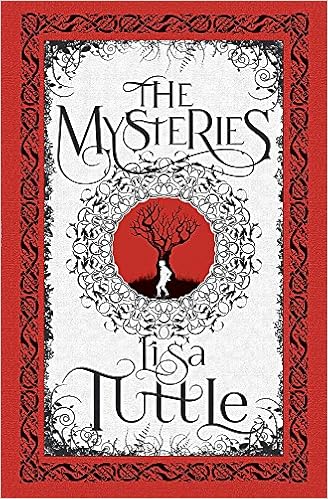... the work of maintaining your life with your own skills was never counted in hours. The days were long and arduous, but there was no wishing them to go by. The very word "weekend" was a monstrous little propaganda of modernity. Of gladness that time had passed, your very life! [p. 190]Veblen Amundsen-Hovda ('experienced cheerer-upper, and freelance self', or alternatively something of a slacker) falls in love with Paul, a research neurologist (inventor of the Pneumatic Turbo Skull Punch) who's grown up in a hippie, marijuana-scented family home, and wants a normal life. Spoiler: he is not going to get that with Veblen, who is delighted by the squirrel that clatters around in her loft, who hasn't got around to mentioning the antidepressants, whose general good cheer at once charms and vexes Paul.
And of course, having agreed to marry, they must meet one another's families.
Paul's parents are pretty much devoted to his disabled brother Justin (the nature of the disability is never discussed by Paul). Veblen's father is in a psychiatric hospital. Veblen's mother Melanie -- possibly the star of this novel: certainly the most vivid character -- is a narcissistic hypochondriac who seizes on Paul as a representative of the American medical profession, and proceeds to relate her impressive catalogue of symptoms. It is to Paul's credit that he does not immediately run screaming from the house.
Veblen's relationship with her mother rang nauseatingly, claustrophobically true. (Possibly the reason it's taken me so long to write this review: Melanie, though nothing like my mother in most respects, nevertheless felt very familiar.) It's the kind of relationship that flavours every aspect of life: no wonder Veblen thinks of Paul as 'a human safe house from her mother', though he turns out to be more of a bridge. Each helps the other grow up, in a sense; both Veblen and Paul have to let go of their families -- or at least learn how to become an adult, rather than a child, within those families -- before they can truly commit to one another.
I think this is the first novel I've ever read that features a love triangle where one of the three is a squirrel. (And there are tantalising hints that there is rather more to the squirrel than Paul, at least, would ever suspect.)
Often very funny; frequently philosophical; sometimes almost painfully raw. And there is plenty of plot to fit around the familial interactions -- a whole black comedy of the American pharmaceutical industry. An entertaining and unsettling read.

